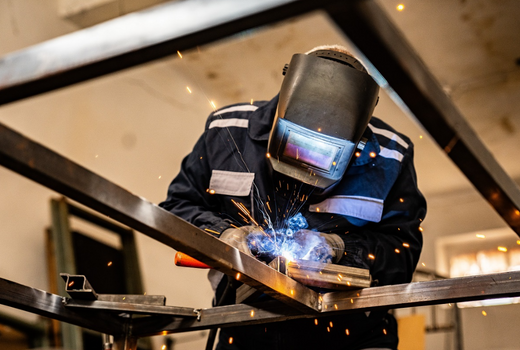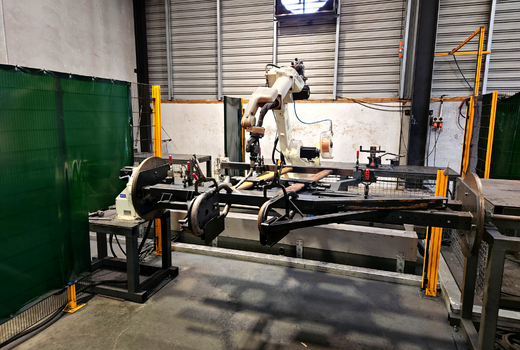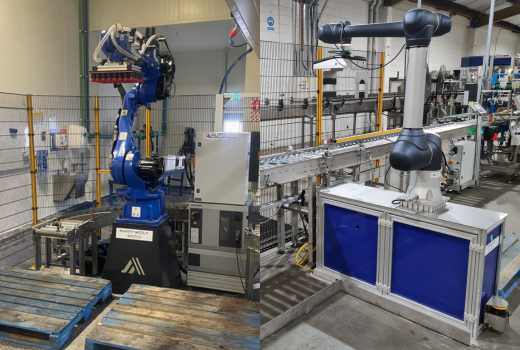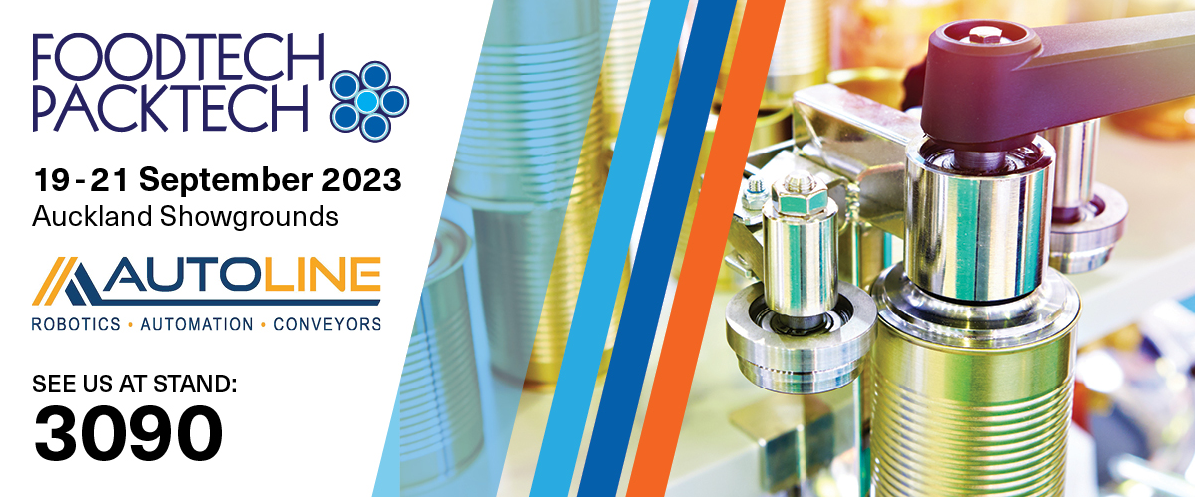New Zealand Facing Lack of Skilled Workers
In recent years, New Zealand has been facing a shortage of skilled workers across various industries. This shortage is due to a number of factors, including an aging population, declining birth rates, declining career interest and competition for skilled workers from other countries.
The engineering industry in New Zealand is facing a significant shortage of skilled welders, which is affecting the industry’s ability to complete projects on time and to the required standards.
This issue is having a significant impact on the economy, as businesses struggle to find the workers they need to grow and succeed. This can lead to delays in projects, increased costs, and a reduction in competitiveness.

Autoline’s Solution: Robotics and Automation
Robotics and automation can play an important role in addressing the shortage of skilled workers in New Zealand. Robotics and automation technologies can help businesses to overcome the challenges posed by the tight labour market by performing tasks that would otherwise require human workers.
For example, in industries such as construction, manufacturing, and agriculture, robotics and automation technologies can perform repetitive and physically demanding tasks, freeing up human workers to focus on higher-skilled tasks. This can help businesses to increase productivity and efficiency, even when they are facing a shortage of skilled workers.
In addition, robotics and automation technologies can help to address the skills gap by providing workers with new opportunities to upskill and learn new technologies. By automating tasks that are performed by lower-skilled workers, businesses can free up their human workers to focus on higher-skilled tasks and to develop new skills that are in high demand.

In conclusion, while robotics and automation technologies cannot replace human workers entirely, they can help businesses to overcome the challenges posed by the shortage of skilled workers in New Zealand. By increasing productivity and efficiency, providing new upskilling opportunities, and performing tasks that would otherwise go unfilled, robotics and automation technologies can play a critical role in supporting the country’s economic growth and competitiveness.





